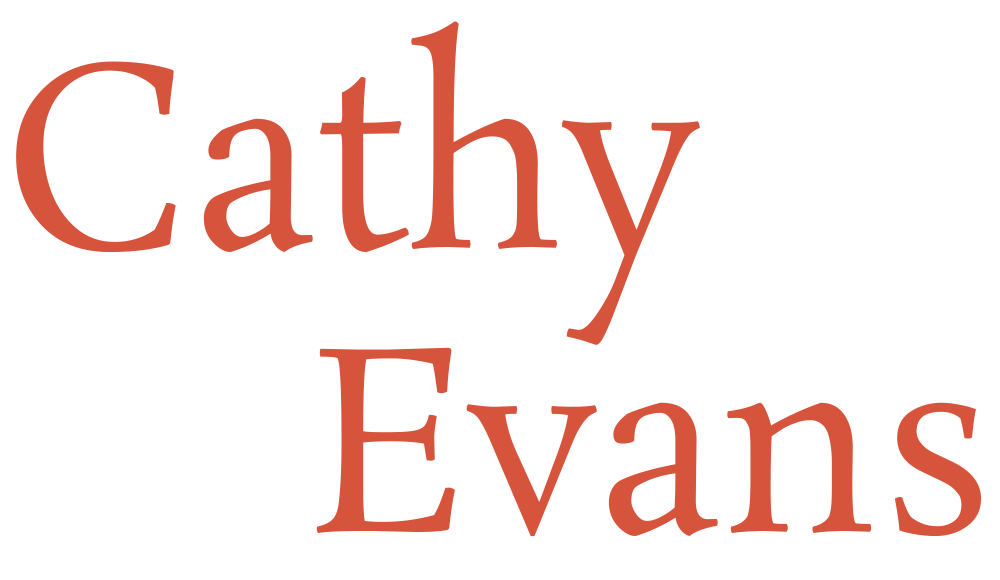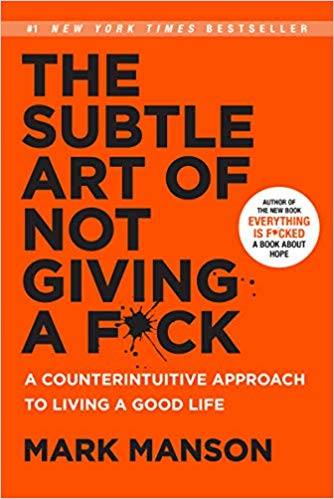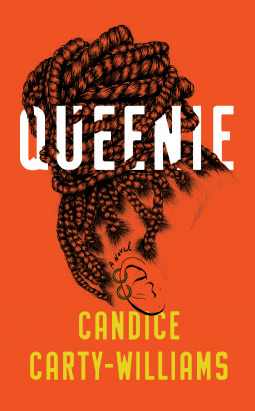While reading this book, I could imagine the author making all his points while propping up a bar, a little like Viz Magazine’s ‘Most Ill-Informed Columnist’, getting more ‘lemme tell you something…’ and ‘you gotta hear this…’ as the empties mount up. This is not all bad – while the book is extremely light on data it’s heavy on the anecdotes, which I appreciated as I love a good pub yarn, and I now have some new ones to trade.
He opens with the tale of Charles Bukowski, the author and poet who ‘knew he was a loser, accepted it and wrote honestly about it.’ The opening chapter is titled ‘Don’t Try’, the words engraved on Bukowski’s tombstone. Rather than being a call to apathy and indifference, the instruction is meant to deter us from aiming at happiness, as we will surely miss. Positive thinking and positive expectations can make us positively miserable. Instead, we should accept that shame, guilt, misery, anxiety and envy are all part of the human experience, and the more we try to escape these negative emotions, the more likely we are to be weighed down by them.
I like his character Disappointment Panda, whose superpower is to tell you the harsh truth about yourself: You Are Not Special. Most of us are deeply mediocre, and there’s nothing wrong with that. Enjoy your life. Work at your relationships, put in some hard graft, have a laugh and enjoy the sunset, and appreciate music and art, even dabble in a bit of painting because you enjoy it, not because you want to be the next Picasso. Recognise that being a good parent and/or a good partner is way more important than that. And if you still want to be the next Picasso? Then accept that you’ll have to work your butt off and make huge sacrifices as well as being extraordinarily lucky.
Physical and psychological pain are both unpleasant, but they serve a purpose. Instead of denying our emotions, or regarding ourselves as victims who lack the power to overcome them, we should regard unpleasant feelings as spur to action. Life is a series of problems which need to be overcome, and as soon as you overcome them, more problems present themselves. Accepting this is a necessary step towards emotional maturity. Everything worth having comes only from hard work, practice and struggle. Once you realise this, then you can choose your struggles, and you can even try to enjoy them.
My favourite story concerns the guitarist who formed an unbelievably successful heavy metal band, and is considered one of the most influential and talented musicians of his genre in the world, touring the globe and selling over 25 million albums. The snag? Even in his 50s, when a person can be expected to have picked up a little perspective and wisdom, he regarded himself as a failure, as he had previously been kicked out of a band which sold over 100 million albums.
Then there’s the contrasting story of Pete Best, the Fifth Beatle, who was thrown out of the band to make way for Ringo Starr. He subsequently formed a pub band, got married and had kids, and always considered himself lucky, as otherwise he wouldn’t have met his wife or had his family. The difference between the two musicians is how they framed their own experience to themselves.
The takeaway? Rudyard Kipling described it best: ‘If you can meet with Triumph and Disaster, and treat those two imposters just the same…’. This is a very readable book, and it makes some interesting points about life and the nature of experience.
Is it life-changing? Not at all, but it is thought-provoking, and that’s all I really ask of a book bought at WH Smith at Marylebone Station as I didn’t want to sit on an hour’s train journey staring out of the window.
I quickly tuned out the author’s potty mouth and his wise-ass sarcasm, which occasionally bordered on the aggressive. F is ultimately the most overused word in the English language… if it upset me I wouldn’t have bought the book in the first place. Do I think he could have made the same point without it? Yes of course, but he perhaps wouldn’t have sold so many books, which really says a lot more about us, his readers, than about him as an author.



